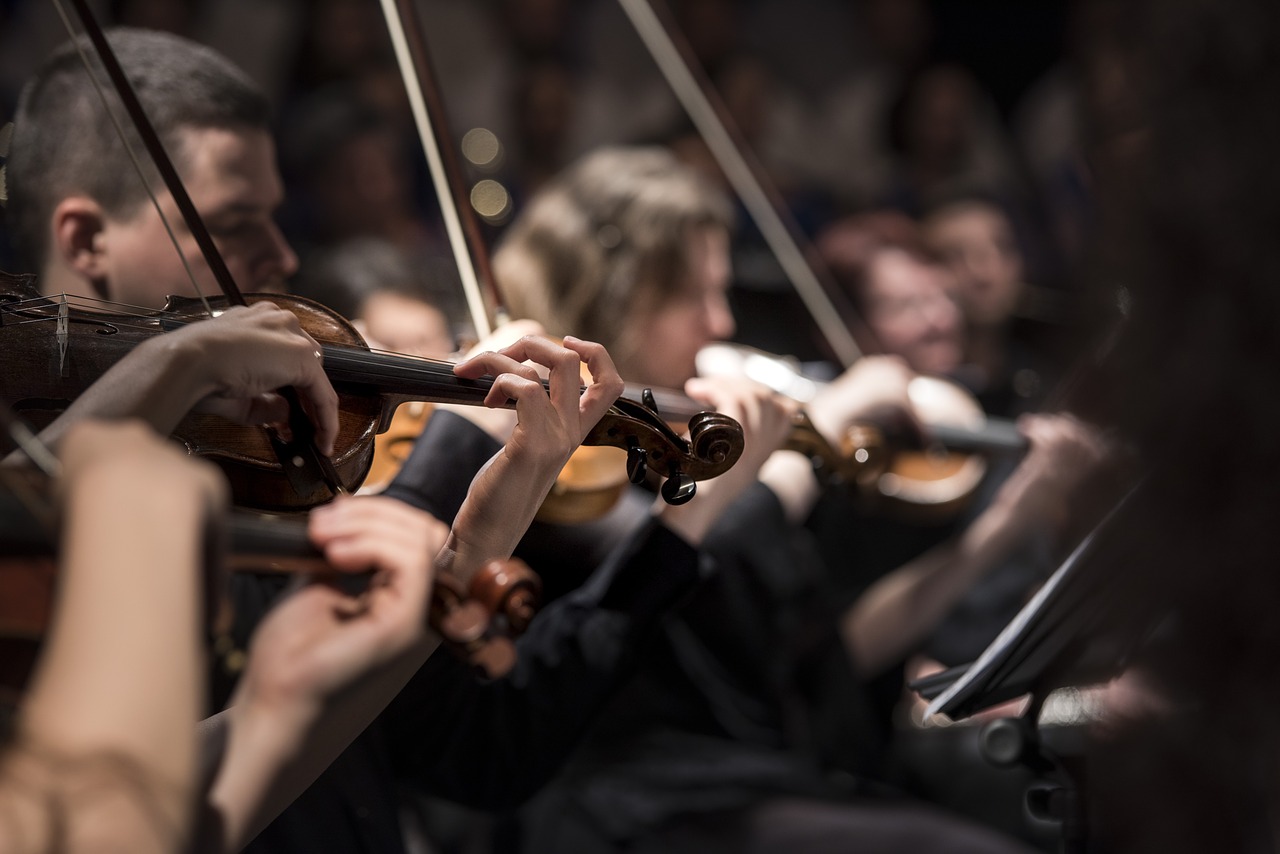Today for your Friday, enjoy these orchestras playing The Mountain King and O Fortuna. Educate yo’ self!
If your hair doesn’t shake, then you’re not conducting properly.
“In the Hall of the Mountain King” (Norwegian: I Dovregubbens hall) is a piece of orchestral music composed by Edvard Grieg in 1875 as incidental music for the sixth scene of act 2 in Henrik Ibsen‘s 1867 play Peer Gynt. It was originally part of Opus 23 but was later extracted as the final piece of Peer Gynt, Suite No. 1, Op. 46.
Recorded at the Berlin Philharmonie, 6 March 2010
“O Fortuna” is a medieval Latin Goliardic poem written early in the 13th century, part of the collection known as the Carmina Burana. It is a complaint about Fortuna, the inexorable fate that rules both gods and men in Roman and Greek mythology.
Here are the lyrics in Latin:
O Fortuna
Velut luna
Statu variabilis
Semper crescis
Aut decrescis;
Vita detestabilis
Nunc obdurat
Et tunc curat
Ludo mentis aciem,
Egestatem,
Potestatem
Dissolvit ut glaciem.
Sors immanis
Et inanis,
Rota tu volubilis
Status malus,
Vana salus
Semper dissolubilis,
Obumbrata
Et velata
Michi quoque niteris;
Nunc per ludum
Dorsum nudum
Fero tui sceleris.
Sors salutis
Et virtutis
Michi nunc contraria,
est affectus
et defectus
semper in angaria.
Hac in hora
Sine mora
Corde pulsum tangite;
Quod per sortem
Sternit fortem,
Mecum omnes plangite!
https://www.youtube.com/watch?v=0bfK_okpyos
Here they are again, translated into English:
O Fortune,
like the moon
you are changeable,
ever waxing,
ever waning,
hateful life
first oppresses
and then soothes
as fancy takes it;
poverty
and power
it melts them like ice
fate – monstrous
and empty,
you whirling wheel,
you are malevolent,
well-being is vain
and always fades to nothing,
shadowed
and veiled
you plague me too;
now through the game
I bring my bare back
to your villainy
fate is against me
in health
and virtue,
driven on
and weighted down,
always enslaved.
so at this hour
without delay
pluck the vibrating strings;
since Fate
strikes down the strong man,
everyone weep with me!
Also sprach Zarathustra, Op. 30 (Thus Spoke Zarathustra or Thus Spake Zarathustra) is a tone poem by Richard Strauss, composed in 1896 and inspired by Friedrich Nietzsche’s philosophical novel of the same name.







